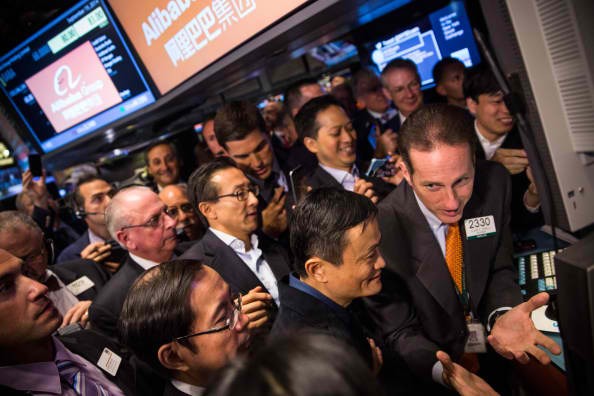China's business watchdog has warned the country's top e-commerce sites against employing dubious selling tactics as the biggest one-day shopping festival inches closer, Reuters wrote.
The State Administration for Industry and Commerce (SAIC) reportedly met with leading Chinese e-commerce firms, including Alibaba, Baidu, JD.com and Tencent Holdings, to warn them "against selling fakes, falsifying sales figures and engaging in other fraudulent practices."
Dubbed as the "Singles' Day" festival, the annual event promises hefty discounts for buyers and is expected to pull in billions of dollars in sales, making it "a barometer for the e-commerce industry and consumer economy in China."
"The SAIC will strengthen market supervision ... monitor and manage online marketplaces according to law, and together with the majority of industry players jointly create an online market environment of fair competition and an environment for online consumption that is safe and secure," the agency said in a statement gathered by Reuters.
In response to the media, a spokesman at JD.com said, "Our commitment to quality products and service has always been a key differentiator for us in this market and we employ additional resources for major sales to keep that promise even during the busiest periods."
Meanwhile, Alibaba also guaranteed consumers that it does not tolerate malpractices by its suppliers.
"Infringing merchants are subject to a range of penalties including the permanent closure of their storefront," the Jack Ma-owned company said.
The Singles' Day festival is one of the world's biggest e-shopping events, even outstripping the combined sales of Cyber Monday and Black Friday in the U.S.
Alibaba's Singles' Day numbers crossed the $14 billion mark in 2015 and are seen to balloon this year.
The festival, however, has been mired in controversies involving fraudulent advertisements and shady statistics. SAIC's warning also comes amid issues questioning Alibaba's accounting practices, with some groups doubting whether the numbers released by the e-commerce giant were accurate.
As of last year, online deals only accounted for 10 percent of China's overall retail sales. But government officials remained optimistic as they see this segment "growing very fast," said HSBC economist Xiaoping Ma via The New York Times.
"That will have significant future implications," Xiaoping added.



























